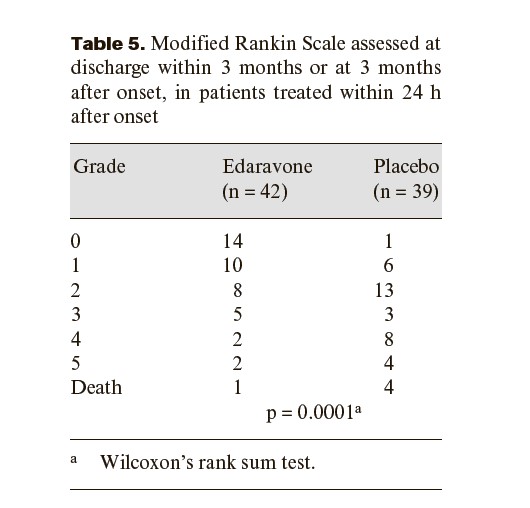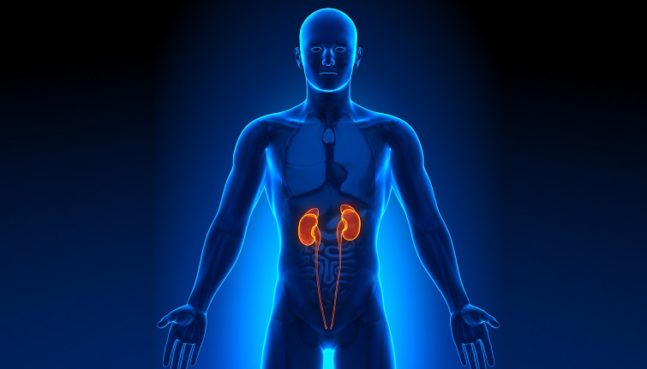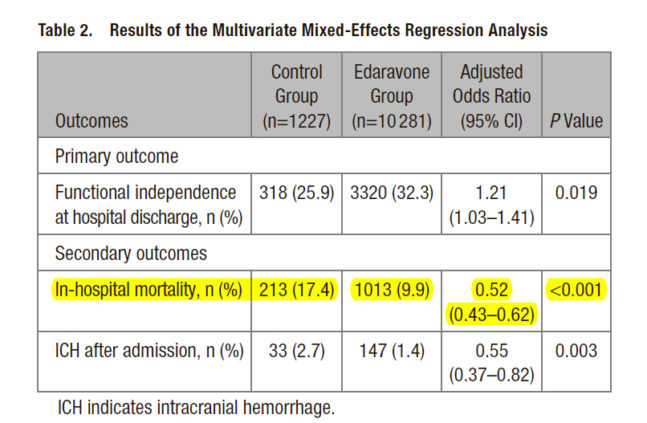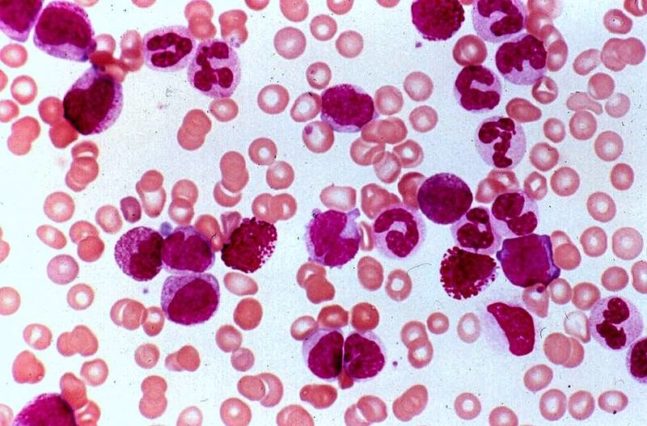Uncategorized
Library - page 7
Category
Uncategorized
The role of L-arginine in the treatment of cardiovascular diseases: the focus is on the choice of effective dose
L-arginine is a conditionally essential amino acid that was first isolated in 1886 by E. Schulze and E. Steiger, and its structure was established by E. Schulze and E. Winterstei in 1897 [1]. L-arginine is used several times ways for the synthesis of protein and low molecular weight bioactive substances (eg, nitric oxide – NO,...
Stress hyperglycemia: discussion of ways to eliminate it with the help of sugar alcohols
The literature review considers the prospect of resuming active use of sugar alcohols in the practice of intensive care. The information is focused on the characteristics of the metabolism and the expected effects of sugar five-carbon alcohol xylitol. The feasibility of using xylitol solutions is justified by reducing the risk of hyperglycemia, the need for...
Sorbilact® as a mean of pharmacological correction of postoperative ileus
Postoperative ileus (POI) occurs after many surgical interventions, but most often after abdominal operations — with a frequency of 10–30 %. This complication increases postoperative morbidity, duration of hospitalization and cost of treatment. In the Cochrane systematic review, it was shown that none of the routinely used prokinetic drugs (neostigmine, metoclopramide, erythromycin) or laxatives reduce...
The search for new methods and drugs to struggle with cerebral stroke and its complications
The scientific-practical conference “Opportunities and Achievements of Modern Pharmacotherapy in the Practice of a Neurologist” held in Kharkov on March 14-15, 2019. It was organized by Association of Neurologists, Psychiatrists and Narcologists of Ukraine, Institute of Neurology, Psychiatry and Narcology of the National Academy of Medical Sciences of Ukraine, Kharkiv National University ...
The possibilities of using combination therapy in patients with dyscirculatory encephalopathy
Abstract.The article presents the results of a clinical study on the efficiency and tolerability of the combined use of drugs Neurocytin and Latren, solutions in comparison with the drug Neurocytin, solution, produced by Yuria Pharm Ltd. in patients with stage II arterial hypertension (AH) and atherosclerosis. Studies were conducted in 92 patients of both sexes,...
Japanese Guidelines for the Management of Stroke 2015 [2017]. Section 1.10. Medical therapy, aimed at the brain protection.
Recommendations: Edaravon, a drug with an expected neuroprotective effect, recommended as a medicine for patients with cerebral ischemic stroke (thromboembolism) (grade B). Key words: edaravon; acute ischemic stroke; xavron.
Balanced solutions in infusion therapy for acute pancreatitis: practice-proven efficacy
To view the article, click on “Download publication”
Combination of Recombinant Human Erythropoietin with Iron Preparation (III) for Intravenous Administration in Oncohematology (Clinical Case)
The clinical observation of treatment of a 59-year-old patient who has been diagnosed with multiple myeloma has been presented. Anemia and iron deficiency are frequent undesirable complications in patients with multiple myeloma and haematological malignancies, including those induced by chemotherapy. The article describes the modern principles ...
The choice of optimal neuroprotective infusion therapy in ischemia/reperfusion in the combination treatment of patients with ischemic stroke in the acute period
Abstract. The objective is to evaluate and compare the dynamics of severity of the patient’s condition and severity of neurological deficit, the state of blood rheology in persons with ischemic stroke against the background of basic therapy with the additional use of neuroprotective infusion therapy and correction of ...






